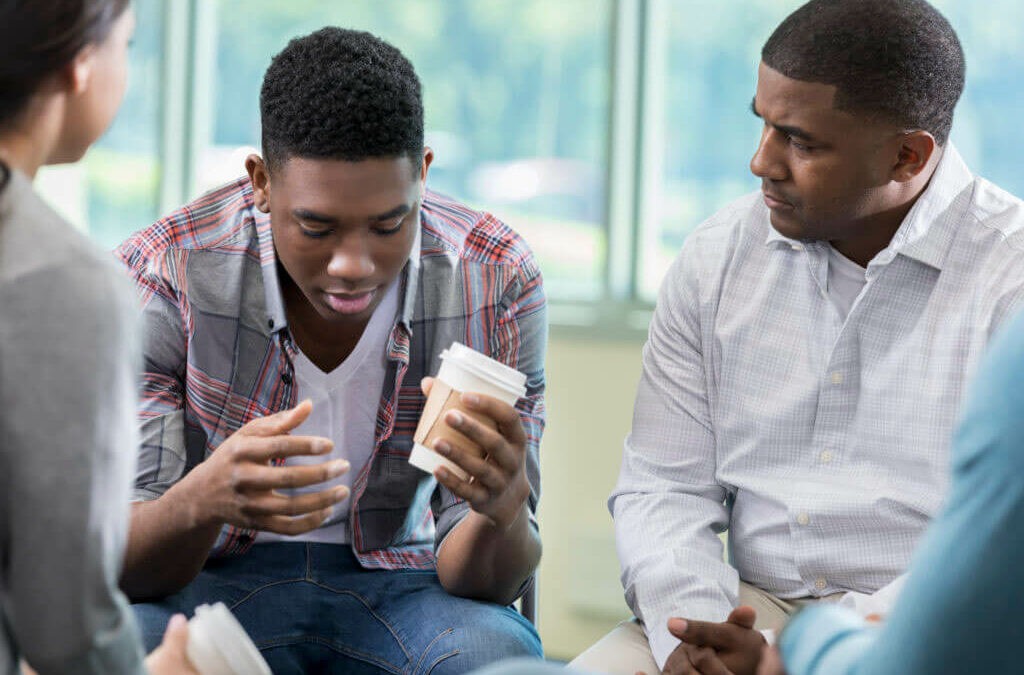 What Happens Now?
What Happens Now?
Dealing with aftermath of a traumatic loss is a complex process, not a one-time event. One in every six Americans are impacted by loss due to suicide, either directly or indirectly. Inevitably, every human being deals with a traumatic loss in one way or another. Grief from suicide loss is life-changing and earth-shattering, and requires an examination of your past, present, and lost future relationship with your loved one. Society today stigmatizes not only the loss but the very fact that we grieve. Rather than just learning to cope with the loss, it is important that we look at ways to grow from the loss, i.e., post-traumatic growth. Clinically, there are multiple healing modalities, therapies, concepts, and practices that can help us integrate our grief at various stages throughout our journey. So, what do we do to care of ourselves? The following suggestions were compiled from various sources to help you take care of yourself following a traumatic loss, we hope that some of them will be relevant to you.
- Listen to your heart and your body: If you need to cry, then cry. If you need to sleep, then sleep. If you need to talk to someone, find someone to talk to. Go with the flow because it is an important part of the process.
- Cut yourself some slack: Life is different now. Give yourself permission to do less. You cannot possibly perform at your peak. Communicate with others that you are not ready to resume your normal daily. Let people know you need time and in almost every case they will understand.
- Communicate your needs: People do not know what to say or what to do, but they do want to help. Let them know how they can support you. Communicate within the family unit as well. Men, women, children, siblings all grieve different. Listen to their needs and give them space to grieve in their unique way. And, if you do not want to talk, express that. People will understand and it is your right to choose who and what you talk about.
- Find a Grief Companion or get counseling: If you are traumatized by your loss, get counseling and seek outside help, even if it is just to get your over the hump. There are many support groups as well as counselors or spiritual advisors who specialize in working with people experiencing traumatic loss and complicated grief.
- Take time to be in nature: Mother Nature gives us one of the best forms of healing. Take a walk or a hike, ride a bike, go kayaking or canoeing, or fishing . . . whatever you like. Feel the sunshine on your face, feel the breeze against your skin, remember that you are soaking in the healing properties that nature gives to us.
- Do not give up on the gym: If you regularly exercise, try to keep it up. If you do not exercise but want to start — this is a good time to do it. It will improve the way you feel. Just make sure you are healthy enough, so you do not put yourself at risk. Grief will take its toll on your body.
- Get enough sleep and eat a healthy diet: Grief will keep you up at night. If you need help sleeping, do not be afraid to talk to your doctor. Do not forget to eat. Maintaining a healthy diet is essential throughout the journey and will help you feel better sooner.



 What Happens Now?
What Happens Now?